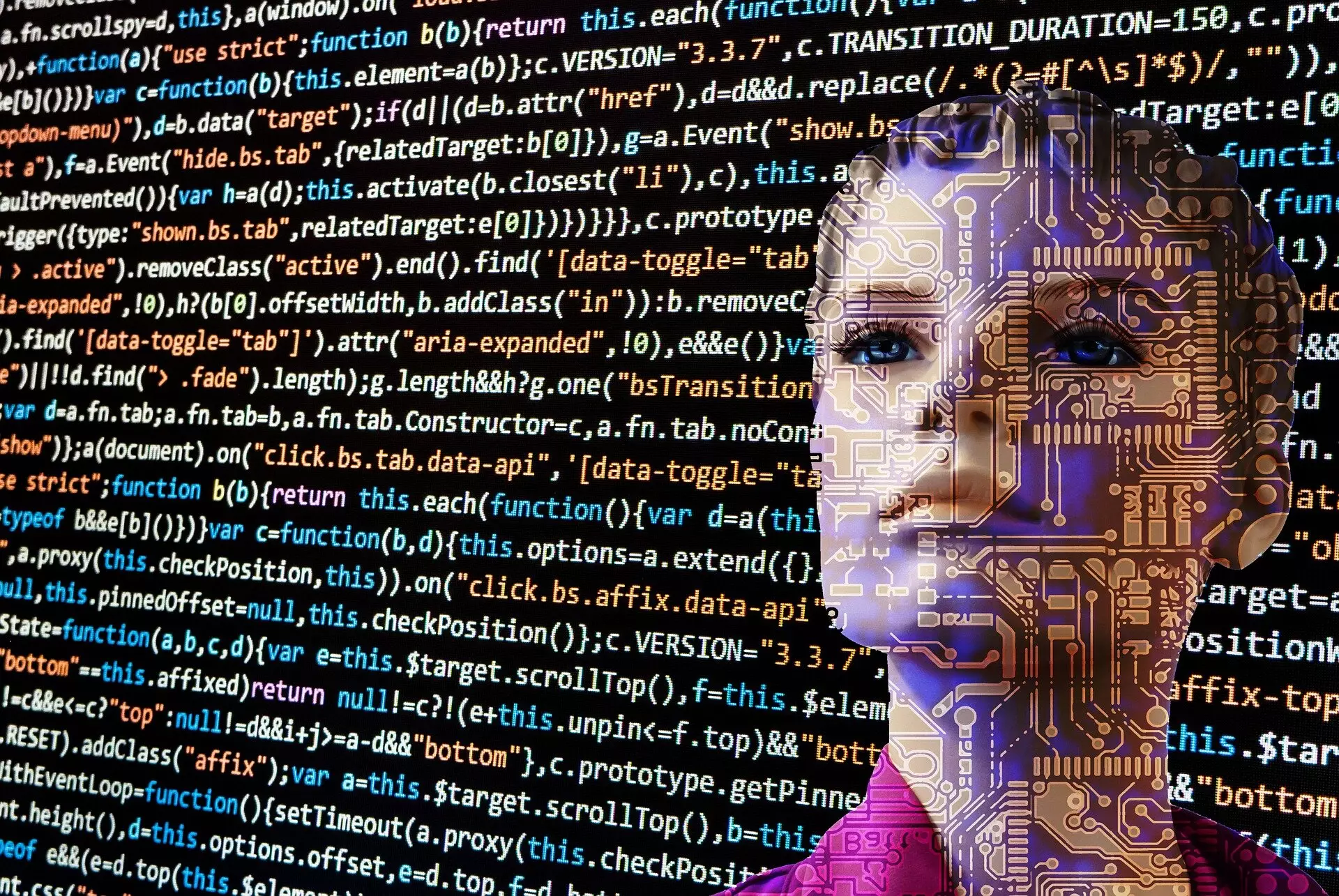Generative AI, unlike its predecessors, has the unique ability to create novel content across various mediums such as text, video, images, and music. This innovation allows AI to break free from traditional rules and patterns, opening up a world of possibilities. The implications of generative AI are vast and far-reaching, with the potential to revolutionize every aspect of society.
In a world where digital technologies have often favored educated workers, generative AI presents a new paradigm. Rather than replacing human capabilities, this technology has the power to enhance them. Studies have shown that AI tools like chat assistants and programming aids can significantly increase productivity and job satisfaction, particularly for less-skilled workers. However, the uneven access to AI technologies could exacerbate existing inequalities, leaving behind those without the necessary digital infrastructure or skills.
Generative AI also has the potential to transform education by providing personalized instruction and support through chatbot tutors. While this technology holds promise for adaptive teaching methods, it must be implemented thoughtfully to avoid perpetuating biases. Similarly, in healthcare, generative AI can augment human decision-making by assisting in diagnosis, screening, prognosis, and triaging. The integration of human and AI judgment has shown superior performance, but it is crucial to balance AI’s role to supplement rather than replace human experts.
The Double-Edged Sword of Misinformation
One of the key concerns surrounding generative AI is its potential impact on the spread of misinformation. While AI promises personalized content and enhanced user experiences, it also poses a risk of being exploited for corporate gain. The collection of personal data for profit could lead to the spread of deepfakes and targeted misinformation campaigns that sway public opinion.
On the flip side, there is hope that AI can address misinformation by engaging with users and reducing conspiracy beliefs. Regulatory frameworks around AI must not overlook the potential for exacerbating socioeconomic inequalities. Policy-making should aim to balance innovation with social equity and consumer protection through measures such as equitable tax structures, empowerment of workers, and robust safeguards against AI-generated misinformation.
As we stand at a critical juncture in history, the decisions we make today regarding generative AI will shape the future for generations to come. The responsibility lies with each of us to actively participate in shaping a positive future driven by the ethical and responsible use of AI. By embracing the potential of generative AI while mitigating its risks, we can pave the way for a more equitable and prosperous society where humans and AI can coexist harmoniously.


Leave a Reply